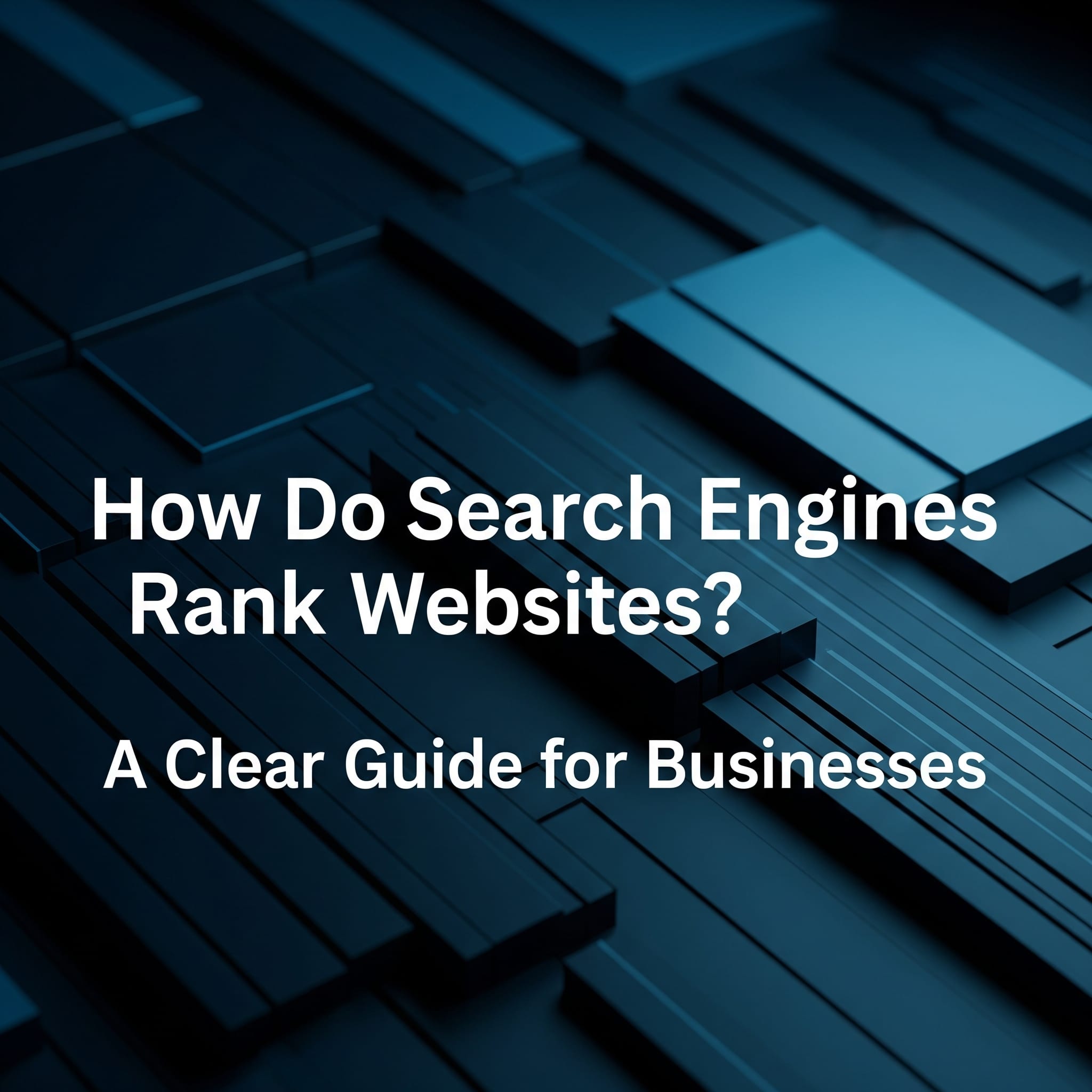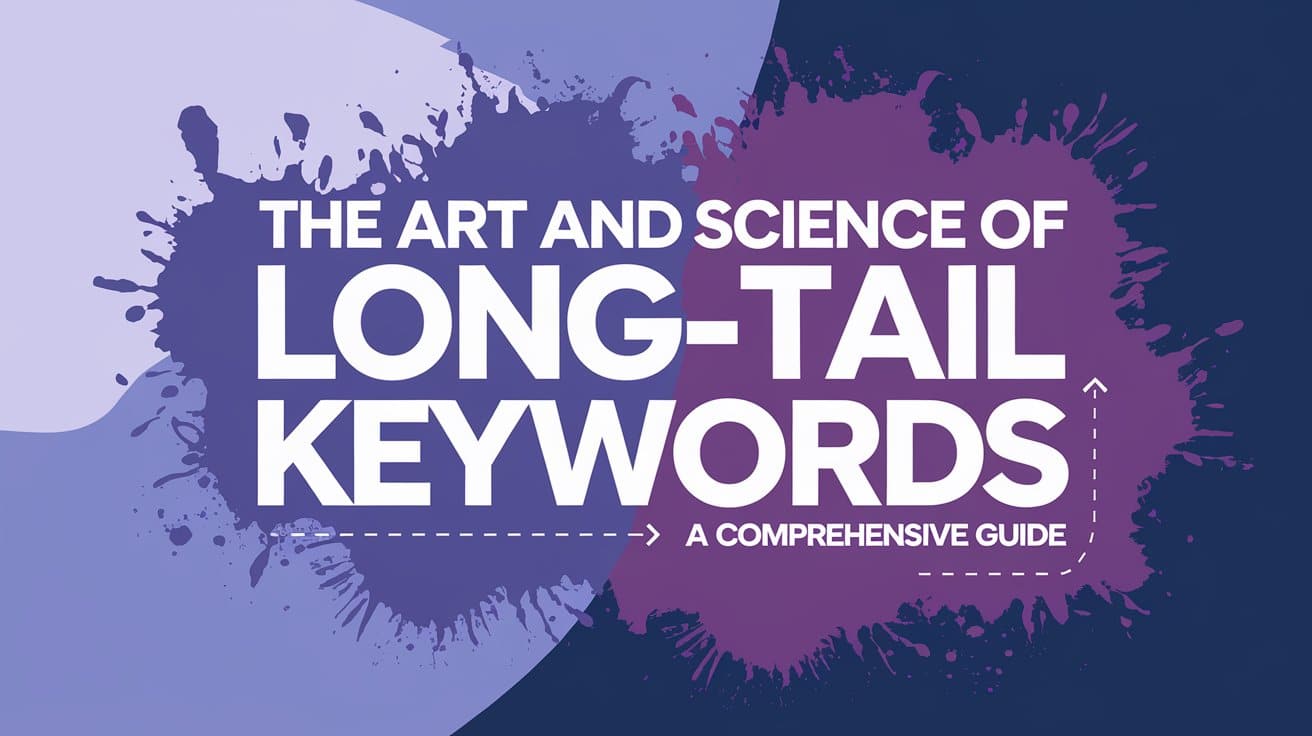I. TL;DR (Too Long; Didn’t Read)
Search engines like Google don’t just magically find websites; they use a three-step process. First, they Crawl the web with automated bots to discover pages. Next, they Index these pages by storing and organising them in a gigantic digital library. Finally, when you search, they Rank the indexed pages based on hundreds of factors like relevance, authority, and quality to give you the best possible answer. Understanding this process is the first step to ranking higher!
This article breaks down exactly how search engines work, explaining the journey from a webpage’s creation to its appearance on a results page. We’ll also cover the key ranking signals that you should focus on to improve your website’s visibility.
II. Introduction: Unlocking the Mystery of Search Rankings
Ever wonder how Google can sift through billions of pages in a split second to give you the perfect recipe for banana bread or find a local plumber? It seems like magic, but it’s actually a highly sophisticated and logical process. For any business owner, understanding this process is the foundation of a successful SEO strategy.
When you know what search engines are looking for and how they operate, you can align your website and your content with their goals. This guide will pull back the curtain and show you exactly how search engines find, understand, and rank your website.
III. The Aim of a Search Engine
Before we dive into the “how,” it’s crucial to understand the “why.” The primary goal of a search engine like Google is surprisingly simple: to provide its users with the most relevant, helpful, and reliable answers to their questions as quickly as possible.
Every part of their process is designed to achieve this goal. When you think about your own website, always keep this in mind. If you focus on helping the user, you’re already aligning your goals with Google’s. For a deeper look into the different ways to achieve this, you can explore our guide on how SEO differs from SEM and PPC.
IV. The Three Core Stages: Crawling, Indexing, and Ranking
To manage the impossibly vast expanse of the internet, search engines follow a continuous three-stage process. Think of it like a librarian managing a massive, ever-growing library.
- 1. Crawling: Discovering the Content First, the librarian needs to find all the books. Search engines do this through Crawling. They use automated programs called web crawlers (also known as “spiders” or “bots”) that travel across the web 24/7. These crawlers start with a list of known web pages and follow the links on those pages to discover new ones. Whether it’s a new blog post, a new product page, or a change to an existing page, crawlers are constantly at work finding new and updated content.
- 2. Indexing: Storing and Understanding the Content Once the librarian finds a new book, they read it, categorise it, and place it on a shelf. This is Indexing. After a crawler discovers a page, the search engine tries to understand what the page is about. It analyses the content, including text, images, and videos, as well as code and metadata like titles and descriptions. This information is then stored in a massive database called an index. If a page isn’t in the index, it can’t be shown in search results. It’s important to note that pages with thin, low-quality, or duplicated content may be excluded from the index or given a lower priority. Ensuring your site is technically sound is crucial, as covered in our technical SEO guide.
- 3. Ranking: Serving the Best Results When you ask the librarian for a book on a specific topic, they don’t just hand you a random one. They use their knowledge to recommend the best, most authoritative book. This is Ranking. When you type a query into a search engine, its complex algorithm instantly sifts through billions of indexed pages to find the most relevant and useful results. It then ranks these results in order, aiming to put the very best ones at the top. This ranking process is influenced by hundreds of factors, often called “ranking signals.”
For a fantastic, detailed look at this process from Google itself, you can explore their How Search Works guide.
V. What are the Key Ranking Factors?
So, what exactly does a search engine’s algorithm look for when ranking pages? While the exact formula is a closely guarded secret, years of analysis have shown us which signals carry the most weight. Here are some of the most critical ones:
- Content Relevance & Quality: This is the most important factor of all. Your content must directly answer the user’s query in a comprehensive and helpful way. High-quality content is well-written, well-structured, and provides real value to the reader. To learn more, check out our guide on how to craft SEO-friendly content.
- Backlinks (Authority & Trust): Think of backlinks as “votes of confidence” from other websites. When a reputable, high-quality website links to one of your pages, it signals to search engines that your content is trustworthy and valuable. Building a solid backlink strategy is a cornerstone of effective SEO.
- Freshness: For many search queries (like “latest SEO trends”), newer information is more valuable. Search engines can determine when content was published or last updated and may prioritise fresher results.
- Mobile-Friendliness: With the majority of searches happening on mobile devices, search engines prioritise websites that offer a seamless experience on phones and tablets. You can read more about the importance of mobile optimisation on our blog.
- Page Speed: No one likes a slow-loading website. Faster pages provide a better user experience and are favoured by search engines. This is a key part of website speed and technical SEO.
These are just a handful of the hundreds of signals search engines use, but they represent the pillars of a strong SEO foundation. You can check how your site is performing on many of these metrics using tools like Google Search Console.
VI. Conclusion: Working With Search Engines, Not Against Them
Understanding how search engines rank websites isn’t about “cheating the system.” It’s about understanding that the system is built to serve users. The entire Crawl, Index, and Rank process is designed to find the best content for people.
Therefore, the goal of great SEO is to make it as easy as possible for search engines to do their job on your website. By creating high-quality content and ensuring your site is technically sound, accessible, and authoritative, you’re not just optimising for search engines – you’re creating a better experience for your customers.
Want to make sure your website is sending all the right signals to search engines? The world of ranking factors can be complex, but we’re here to help. Contact NeedSEO for a technical SEO audit and a strategy to help you rank higher and achieve your business goals.







